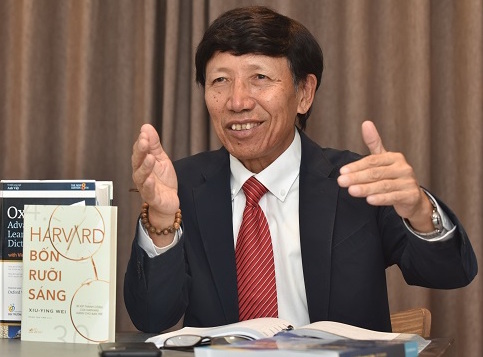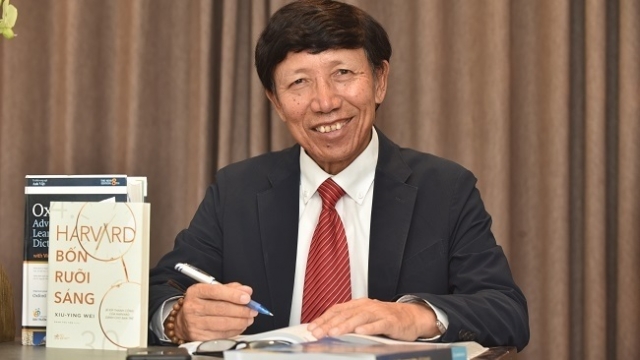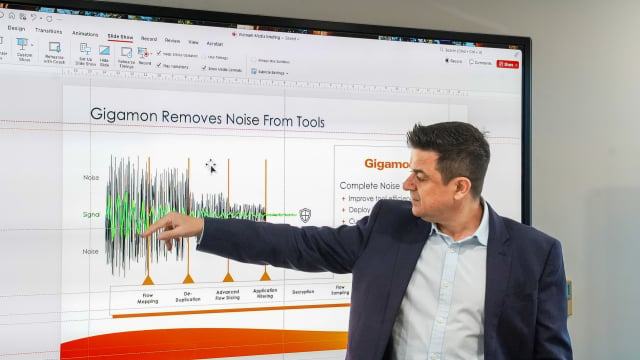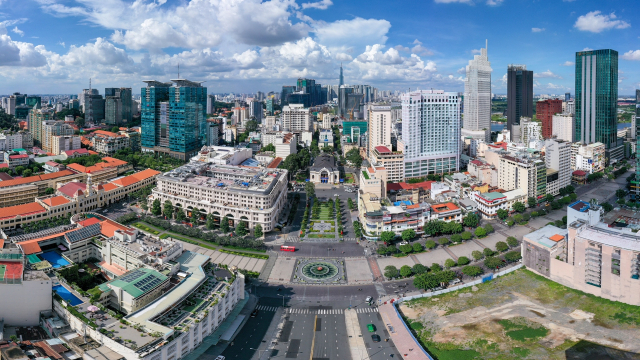Leader Talk
EVIPA between Vietnam and EU: A big success in 2019
If Vietnamese businesses know how to seize the opportunity from EVIPA and EVFTA they will succeed in investment cooperation with EU investors.
The investment protection agreement (EVIPA) and the free trade agreement (EVFTA) between Vietnam and the European Union which were signed on June 30, 2019 after many years of negotiation are remarkable achievements of Vietnam's foreign affairs in general and those of foreign investment attraction in particular this year.
Commitments to fair, equal, safe and adequate protection of each other's investments and investors in EVIPA will continue contributing positively to the construction of the legal and investment environment, transparency, helping Vietnam attract more capital from the EU and other countries.
In all the agreements on investment encouragement and protection between Vietnam and other countries and territories, especially those of such type concluded bilaterally between Vietnam and EU members, the government of Vietnam and those of the signatories are consistent with the desire to create favorable conditions for further economic cooperation between contracting states and in particular relate to the investments of investors of one contracting state on the territory of the other contracting state.
Incentives and the mutual protection of those investments on the basis of international agreements will contribute to promoting entrepreneurship initiatives and increasing the prosperity of the two signatories.

These commitments are more specifically stated in the IPA between Vietnam and Estonia which was signed on September 24, 2009 when the two countries "recognize the need to protect the investment of one contracting party in the territory of the other contracting party on a non-discriminatory basis".
The two countries have “the same desire to promote stronger economic cooperation between the two sides in strengthening both private capital flows and economic development of both countries based on a stable framework for investment to contribute to maximizing the effective use of economic resources and improvement of living standards, and promotion of the respect of workers' rights that have been recognized by international laws."
It is clear that all the IPAs which were signed since 1990 have been getting more specific and were signed after the international investment context and Vietnam's specific conditions had been taken into account.
The differences between EVIPA and previous IPAs are as follows:
The EVIPA was legally reviewed in August 2018 and changed from bilateral to multilateral agreement, since it must be ratified by both the European Parliament and the EU member states before it is implemented.
Most bilateral commitments are respected and both the EU and Vietnam have pledged to accord national treatment and most favored nation treatment to the investments of the other investors as well as fair and satisfactory treatment, protection and adequate safety, allowing free transfer of capital and profits from investments abroad and committing no expropriation, nationalization of assets of investors without proper compensation.
In particular, the commitments in EVIPA are more detailed and more progressive than the previous IPAs that Vietnam has signed with other EU member states, helping the Southeast Asian country attract investment and protect national interests.
For example, there are clear criteria for each act that the state cannot perform and addition of a number of regulations to ensure the right to adjust the policies of the host country, especially those on public health protection, environmental safety, consumers and cultural diversity chemistry.
The EVIPA also formulates a mechanism for resolving permanent investment disputes instead of case-by-case mechanisms. Accordingly, disputes are settled by a standing agency at two levels of primary and appellate trials whose members are selected by Vietnam and EU members.
Of the significance are the negotiations and signings of the EVIPA and EVFTA which were conducted at the same time.
Accordingly, the commitments in the EVFTA on trade and services are higher than those of WTO and EU's commitments with other partners. These include the EU eliminating 99.2 per cent of tariff lines on Vietnam's imports seven years after the agreement takes effect that will contribute to boosting investment from the EU and other countries into Vietnam.
Moreover, the extensive commitments on investment in EVIPA will replace bilateral investment encouragement and protection agreements between Vietnam and EU member countries, which will create more favorable conditions for EU investors to invest and do business in Vietnam.
The sectors that Vietnam pledges to be more favorable to the EU include a number of specialized services, including finance, telecommunications, transport, distribution and areas where the EU has strengths such as manufacturing industry, clean energy, renewable energy.
The signing of EVIPA shows more advantages than challenges.
The challenge here is that Vietnamese enterprises are weaker than EU businesses and investors, because most are small and medium enterprises who lack capital, high technology, management experience and market information.
The advantage here is that EU investors have technology, capital, market and business ethics as well as a sense of responsibility in international investment, that requires transparent law enforcement and implementation of business investment commitments in the host country.
If Vietnamese businesses know how to seize the opportunity from EVIPA (and from EVFTA), grasp international market trends and take advantage of the incentives that the government is creating, they will succeed in investment cooperation with EU investors.
In order to implement EVIPA effectively, in line with the orientation of attracting foreign investment in the coming period, as stated by the Politburo's Resolution 50-NQ / TW dated August 20, 2019, it is necessary to have a national action plan to implement this important investment agreement to improve the quality of foreign capital inflows into Vietnam.
Vietnam also needs appropriate measures to prevent foreign investors from taking advantage of EVIPA (and EVFTA) to invest in but cause damages to its prestige and investment environment competitiveness.
At the same time, Vietnam needs to continue improving the competitiveness of its investment environment, by improving the legal system related to investment, business, land and planning or reforming administrative procedures and improving the quality of public services.
Rolling out the red carpet with a new filter
Vietnam turns semiconductor vision into action
The global semiconductor industry is being reshaped by geopolitical tensions, shifting supply chains, and the surge of digital technologies.
Cutting red tape in APA approvals to speed up tax negotiations
The change in APA approval authority is expected to shorten processing time and enhance business proactiveness in international tax negotiations.
Enterprise cybersecurity is under threat from the inside
As hybrid cloud systems grow more complex, Vietnamese enterprises are struggling to detect cybersecurity threats moving laterally within their own networks.
Breakthrough for the international financial center ambition
The submission of the draft resolution on Vietnam’s international financial center to the National Assembly heralds a new developmental era for the country.
How leadership philosophy redefines hospitality in Nha Trang
More than just running a 5-star resort, Kristian Petersen is redefining the art of hospitality with a humane and sustainable leadership philosophy.
When organic becomes an inspiring wellbeing lifestyle
For Tyna Huynh, co-founder of Drinkizz, organic is not just a food choice but a way of life that fosters a deep connection between people, nature and community.










































